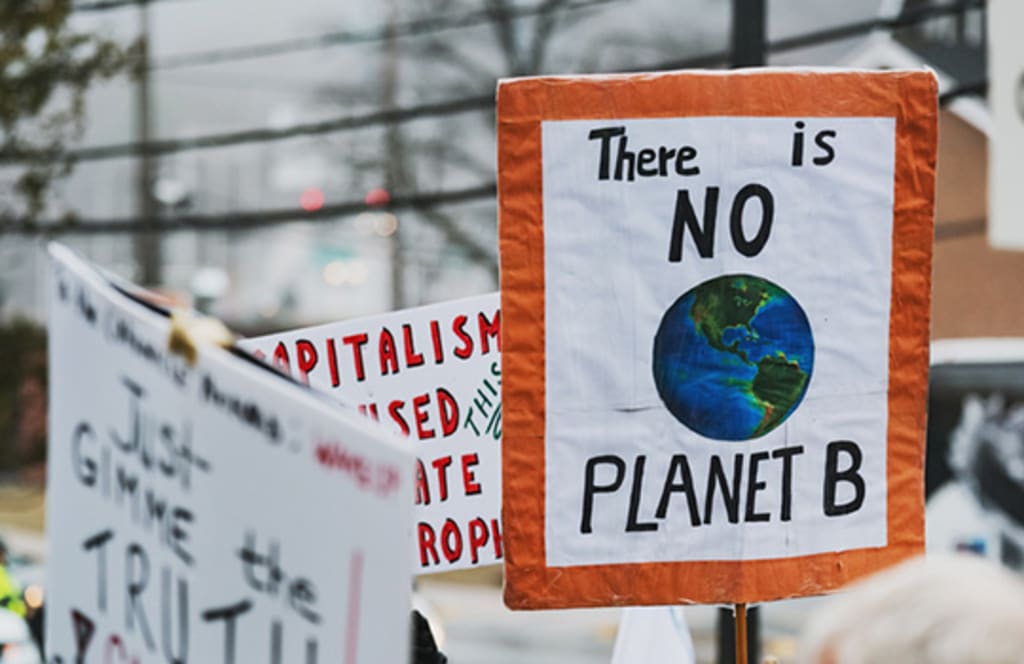
The Escalation of Global Risks Amidst a Summer of Unprecedented Challenges
As summer unfolds, the world finds itself confronting an alarmingly increasing array of existential threats that threaten not only national security but the very fabric of human civilization. From the intensification of climate-related disasters to escalating geopolitical tensions and technological vulnerabilities, this season has marked a critical turning point. Experts and scientists are sounding the alarm, urging a unified, swift, and decisive response to these mounting crises to prevent irreversible damage to our planet and future generations.
Unpacking the Major Threats of This Summer
Climate Change and Environmental Catastrophes
The rising temperatures and unpredictable weather patterns are no longer distant warnings—they are stark realities that have manifested vividly during this summer. Record-breaking heatwaves have scorched continents, leading to devastating wildfires, crop failures, and water shortages. According to Science News, this summer has exhibited an unprecedented escalation in climate-related threats which could have long-lasting impacts on ecological balance and human health.
- Rising Sea Levels: Coastal cities face the looming threat of inundation as melting ice caps and glaciers accelerate.
- Extreme Weather Events: Hurricanes, typhoons, and superstorms are intensifying in severity and frequency, causing widespread destruction.
- Loss of Biodiversity: Habitat destruction and environmental degradation threaten countless plant and animal species, upsetting ecological equilibrium.
Geopolitical Tensions and Conflicts
The cracks in international peace and stability are widening, fueled by territorial disputes, resource scarcity, and ideological confrontations. Recent developments have seen an uptick in military posturing and cyber warfare, exacerbating vulnerabilities across nations. These conflicts not only threaten regional stability but risk spiraling into larger global confrontations which could have catastrophic consequences. The summer of 2023 has marked a period where diplomatic efforts seem to falter, emphasizing the urgent need for renewed international cooperation.
Technological and Cybersecurity Threats
In our increasingly digital world, the threat landscape has expanded beyond traditional warfare to include cyberattacks, misinformation campaigns, and AI misuse. Critical infrastructure such as power grids, financial systems, and healthcare networks are susceptible to sophisticated cyber threats, threatening to destabilize societies. Additionally, the rapid advancement of artificial intelligence raises ethical and security concerns that require proactive regulation and oversight.
The Interconnectedness of These Threats
What makes these threats particularly alarming is their interconnected nature. Climate change can exacerbate geopolitical tensions over shrinking resources, leading to conflicts and migration crises. Cyber vulnerabilities can hinder response efforts during natural disasters, complicate diplomatic negotiations, and destabilize economies. Recognizing the interconnectedness is vital in crafting comprehensive strategies aimed at mitigation and resilience.
What Needs to Be Done: A Call for Urgency and Action
Strengthening Global Climate Action
Mitigation efforts must be accelerated, with countries committing to ambitious targets for reducing greenhouse gas emissions. Transitioning to renewable energy, promoting sustainable agriculture, and investing in resilient infrastructure are essential steps. International agreements should be enforced and expanded, fostering cooperation rather than competition.
Enhancing Diplomatic and Security Cooperation
It is imperative for nations to prioritize diplomacy, engage in dialogue, and build trust to de-escalate conflicts. Establishing robust frameworks for conflict resolution and disarmament can prevent summer conflicts from escalating into full-scale wars. Moreover, addressing the root causes such as inequality and resource scarcity is crucial.
Safeguarding Technological Infrastructure
Implementing stringent cybersecurity measures, developing global standards for AI ethics, and fostering collaboration among tech companies and governments are fundamental to protecting critical systems. Public awareness campaigns and workforce training can also prepare societies to respond effectively to cyber threats.
The Role of Individuals, Communities, and Nations
Tackling these formidable threats requires collective effort across all levels of society:
- Individuals: Adopt sustainable practices, stay informed, and advocate for policy change.
- Communities: Build resilience through local initiatives, disaster preparedness, and environmental conservation programs.
- Nations: Lead in global governance, uphold international laws, and invest in long-term resilience strategies.
A Vision for a Resilient Future
The summer of 2023 has illustrated how vulnerable our world is to a barrage of escalating threats. However, it also underscores the power and necessity of unity, foresight, and decisive action. By embracing sustainable development, fostering international cooperation, and harnessing technological innovation responsibly, humanity can turn the tide against these threatening tides.
While the challenges are daunting, the opportunity to forge a resilient, sustainable, and just future lies within our grasp. The time for delay has passed—we must act now, collectively and decisively, to safeguard our planet and future generations.
For more updated news please keep visiting Prime News World.








